Bumpy ride ahead for US-China relations after the US elections
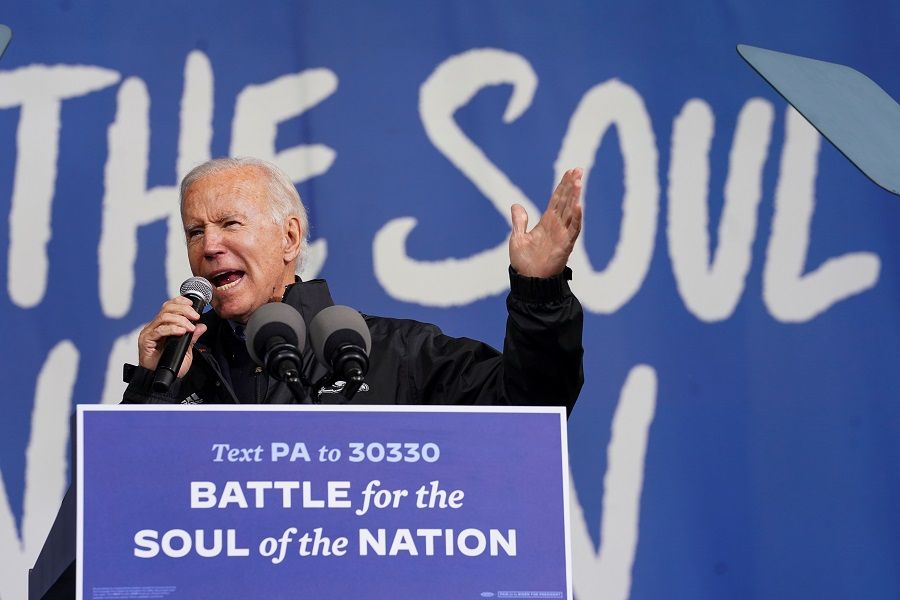
With the country suffering from a relentless pandemic, a faltering economy, and widening political and racial divides, domestic issues unsurprisingly dominated the just-concluded 2020 US presidential election. However, China was mentioned more often than any other country during the campaign. Undoubtedly, China will be the focus of US foreign policy in the years ahead. With Joe Biden's victory, what is the prospect of US-China relations in the next few years?
US-China relations under a Biden presidency - no easy reset
First of all, the fundamental problems between the US and China are deep-rooted and will not disappear after this election. China's rapid rise challenges US dominance on many fronts, from technology to global governance, and the US government, whether Democratic or Republican, will do everything possible to counter China's rivalry.
China's challenge to the US power and prestige cannot be accepted since it will create a duopoly in the international order and global market.
There has been an across-the-board negative turn in US policy toward China since Trump took office, especially with the publication of the National Security Strategy in December 2017, which framed China as a "strategic competitor". American politicians of all stripes seem to agree on one thing: the US must curb China's rapid rise. Many argue that previous US administrations' engagement policy has failed to transform China, which has resulted in China now posing an enormous menace to American national interests.
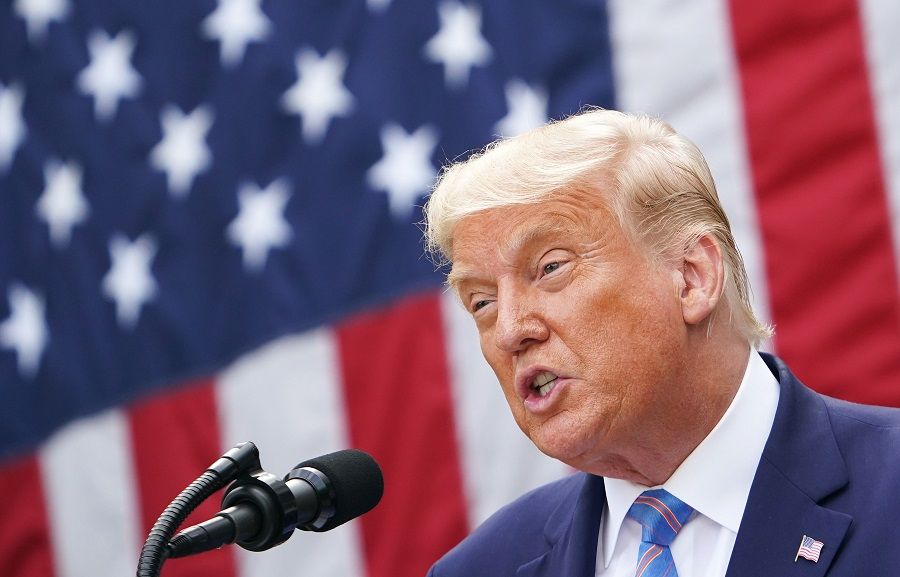
From the US perspective, no matter who is in the White House, China's challenge to the US power and prestige cannot be accepted since it will create a duopoly in the international order and global market.
Second, as a result of the Trump administration's "whole-of-government" approach to confront China in recent years, the US-China relationship has become so severely damaged that it is beyond easy repair. The bilateral relationship is largely off track now, with all the red buttons in the relationship turned on, from Taiwan to the South China Sea, and from trade to hi-tech rivalry. Both Beijing and Washington will be disappointed if they wish for a quick reset of the relationship after the election.
The days in which the US tolerated political and ideological differences between the two countries are gone. The US has renewed its attack on China's political system and human rights, while China has developed an inflated sense that it is moving closer to the centre of the global stage. More competition and confrontation will be the natural outcome of such adjustments in their approaches toward each other.
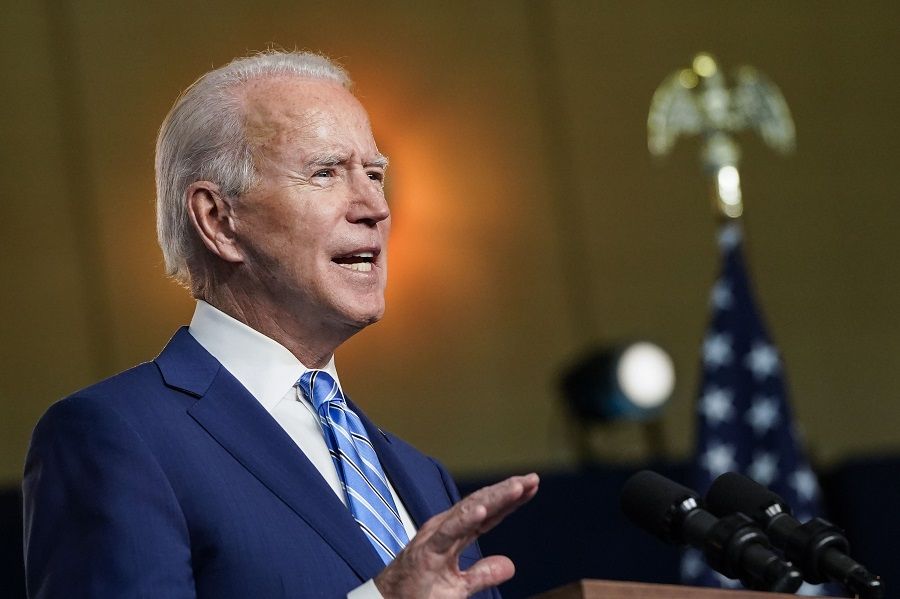
While Biden may introduce a dose of stability and predictability into the relationship, Beijing's experience with a Democratic administration has always been fraught with disputes, especially on human rights. Given the current situation in Hong Kong and Xinjiang and the Democratic Party's emphasis on values, it is hard to imagine the new Biden administration will not make human rights a key issue in its China policy. In fact, during the campaign, Biden called Xi a "thug" who "does not have a democratic bone in his body".
The reason is a little bizarre but plainly anti-America: let Trump destroy America for another four years so that China will emerge triumphant on the world stage.
People-to-people relations strained
Third, American public opinion has turned against China, partially due to election politics and the pandemic and partially due to perceived aggressive Chinese behaviour. According to a Pew Research Center survey in October 2020, Americans' negative views of China jumped to a historic high of 73%, the most dramatic and substantial change since Richard Nixon's visit to China in 1972. No reliable public opinion polls are available in China, but some Chinese seemed to prefer Trump to Biden. The reason is a little bizarre but plainly anti-America: let Trump destroy America for another four years so that China will emerge triumphant on the world stage.
The Trump administration also terminated the Fulbright and Peace Corps programmes in China and placed more restrictions on Chinese scholars and students doing scientific research in the US. People-to-people exchanges form the bedrock of bilateral relations. If such educational and cultural exchange programmes are not resumed immediately and goodwill is not restored, it will be very difficult for the two sides to cooperate on many bilateral and global issues.
Increasingly, US officials, members of Congress, and think-tankers use "the Chinese Communist Party" to refer to China.
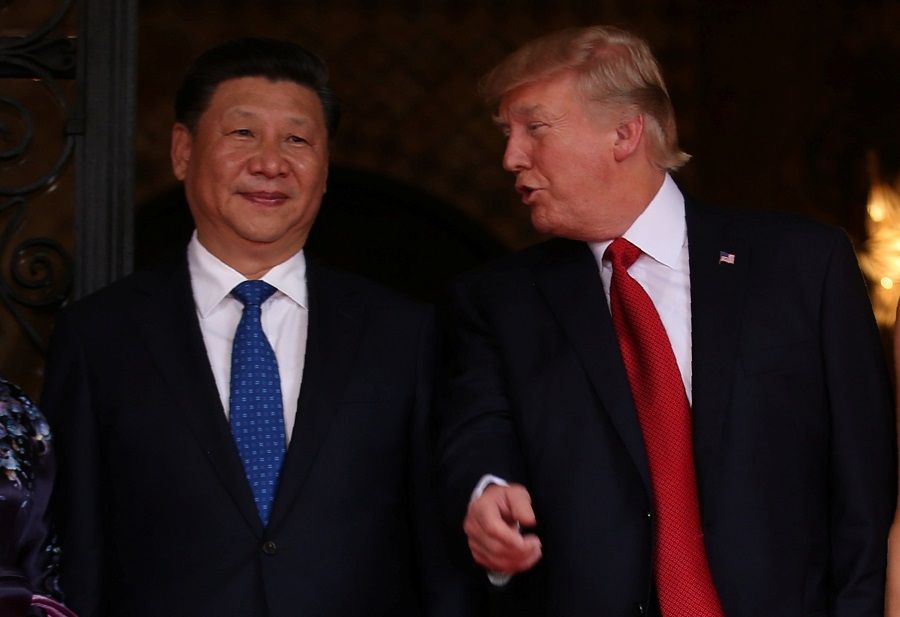
Indeed, cooperation on some key issues such as climate change, global health, and North Korea was curtailed by the Trump administration. Such abnormality cannot easily be rectified if the two societies remain hostile toward each other.
Ideological clashes deemed irreconcilable
Fourth, before the outbreak of Covid-19, many Americans seemed to think that Beijing's assertive behaviour in trade and foreign policy could be tamed and China would not challenge the international order maintained by the US. Covid-19 made many Americans realise that the fundamental distrust between the two sides lies in the different political systems. Increasingly, US officials, members of Congress, and think-tankers use "the Chinese Communist Party" to refer to China. It is clear that they feel pessimistic about any significant improvement of the relationship in the near future due to fundamental ideological clashes.
Back in 1972, Mao Zedong reportedly told visiting President Richard Nixon that he preferred to deal with right-wing governments in the West to the more "deceitful" social democrats and revisionists. Interestingly, some in Beijing today would actually have liked Trump to be re-elected. They figure that America's further self-damage under Trump would hand China the opportunity to boost its global standing and promote itself as a champion for globalisation, multilateralism, and international cooperation. Hence the Chinese nickname for Trump: 川建国 (Mr T who helps to build China).
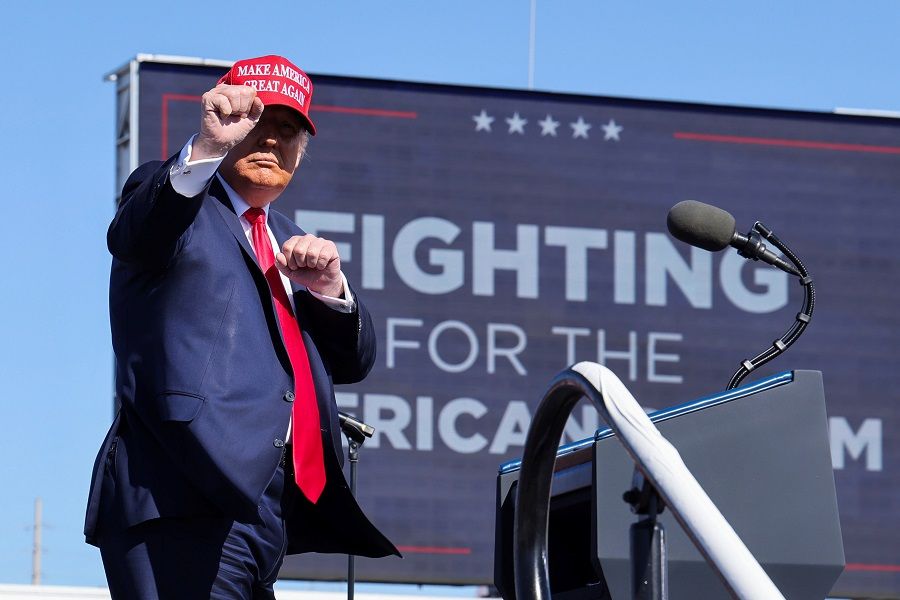
In addition to political and ideological differences, the problems in the bilateral relationship are also caused by power restructuring in the international system. Given China's economic size and its global investments, and consequently its global influence and interests, it is unrealistic to expect China to continue to keep a low profile in international affairs. The massive Belt and Road Initiative, China's effort to project its power and play a more responsible global role, is viewed with suspicion and alarm by Washington, which is worried about being replaced by China as the preeminent power on the world stage.
Now that the election is over, the priority is for the US and China to pull the relationship back from the cliff edge, revive all channels of communications, and find pragmatic ways to manage this complex relationship judiciously and peacefully.
Notwithstanding China's repeated assertion that it does not intend to supplant the US as the world's dominant power, the US will inevitably feel threatened by China's steady progress since the two countries do not share core values. Such deep distrust will continue to haunt the relationship no matter who is in the White House or Zhongnanhai.
Fortunately, not all channels of communications have been cut off. The two militaries held the first US-China Crisis Communications Working Group video conference just days before the 3 November election amid rumours that the US was planning an attack on Chinese-claimed islands in the South China Sea. The working group meeting reflects the desire of both sides to prevent the deteriorating relationship from sliding into a military conflict. Now that the election is over, the priority is for the US and China to pull the relationship back from the cliff edge, revive all channels of communications, and find pragmatic ways to manage this complex relationship judiciously and peacefully.
